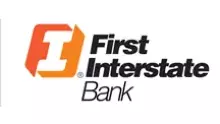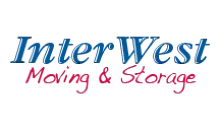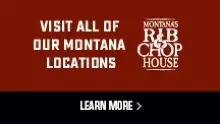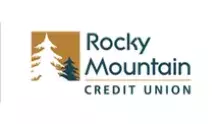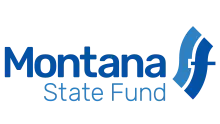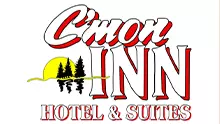Boosters and Student-Athletes
Boosters are never permitted to provide student-athletes or their family any type of extra benefits. In addition, boosters may never using the name or photograph of a student-athlete to promote a commercial product or establishment. Boosters are permitted to hire a current student-athlete for a bona fide employment opportunity as long as the student-athlete is paid the going rate for hours and work actually performed. All employment of student-athletes must be preapproved by the Compliance Office.
WHAT IS AN EXTRA BENEFIT?
Per the NCAA, an extra benefit is any special arrangement by an institutional employee or representative of the institution’s athletic interest (e.g., alumni, former student-athletes, parent of another current or former student-athlete, boosters) to provide a student-athlete or prospect (or relatives or friends of either) with a benefit not expressly authorized by NCAA legislation or generally available to other MSU students. These include:
- Cash or loans
- The loan or gift of other tangible items (clothes, cars, jewelry, etc)
- Free or reduced housing arrangements
- The promise of employment after enrollment
- Special discounts
- Employment of parents, friends, or relatives
- Arrangements for reduced charges for professional or personal services
- Use of an automobile, recreational vehicle or other personal property
- Co-signing a note for a loan
- Guarantee of bonds
- Payment of or arrangement of transportation incurred by relatives or friends of a prospect
- The purchase of meals or services at commercial establishments
- Any other benefit not generally available to the institution’s general student body
Violations of this nature may result in:
- The student-athletes being declared ineligible to compete for Montana State University.
- Sanctions being placed on the university and its athletics program.
- Restrictions being placed upon booster involvement with Montana State University’s athletics program, depending on the nature of the violation.
There are exceptions for situations where support can be produced regarding what the NCAA calls a ‘pre-existing relationship’. Prior to their collegiate enrollment, benefits provided to a student-athlete or prospective student-athlete would be permissible so long as the relationship between the student-athlete and the booster did not develop as a result of the athlete’s participation in athletics.
Per the NCAA, an extra benefit is any special arrangement by an institutional employee or representative of the institution’s athletic interest (e.g., alumni, former student-athletes, parent of another current or former student-athlete, boosters) to provide a student-athlete or prospect (or relatives or friends of either) with a benefit not expressly authorized by NCAA legislation or generally available to other MSU students. These include:
- Cash or loans
- The loan or gift of other tangible items (clothes, cars, jewelry, etc)
- Free or reduced housing arrangements
- The promise of employment after enrollment
- Special discounts
- Employment of parents, friends, or relatives
- Arrangements for reduced charges for professional or personal services
- Use of an automobile, recreational vehicle or other personal property
- Co-signing a note for a loan
- Guarantee of bonds
- Payment of or arrangement of transportation incurred by relatives or friends of a prospect
- The purchase of meals or services at commercial establishments
- Any other benefit not generally available to the institution’s general student body
Violations of this nature may result in:
- The student-athletes being declared ineligible to compete for Montana State University.
- Sanctions being placed on the university and its athletics program.
- Restrictions being placed upon booster involvement with Montana State University’s athletics program, depending on the nature of the violation.
There are exceptions for situations where support can be produced regarding what the NCAA calls a ‘pre-existing relationship’. Prior to their collegiate enrollment, benefits provided to a student-athlete or prospective student-athlete would be permissible so long as the relationship between the student-athlete and the booster did not develop as a result of the athlete’s participation in athletics.


